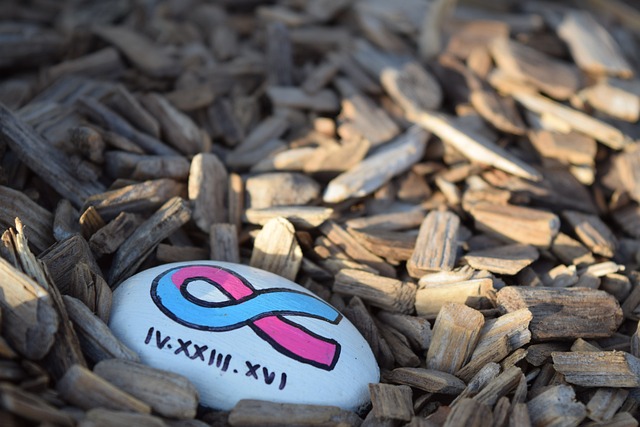Can You Get Postpartum After a Miscarriage?
Experiencing a miscarriage is a deeply emotional event. It often comes with profound grief and psychological challenges. Many women wonder, can you get postpartum after a miscarriage? Yes, postpartum depression can occur after a miscarriage, despite the absence of a live birth. Understanding the connection between pregnancy loss and postpartum depression is crucial for identifying symptoms, seeking help, and promoting mental health.

What is Postpartum Depression?
Postpartum depression is a mood disorder that affects women after giving birth. It is marked by depressive symptoms such as intense sadness, low self-esteem, and trouble sleeping. While it commonly occurs during the postpartum period following live births, pregnancy loss can trigger similar mental health issues.
How Pregnancy Loss Impacts Mental Health
A miscarriage is a form of pregnancy loss that can lead to mental health challenges. Women experiencing depression after a miscarriage may face psychological distress, anxiety disorders, and emotional distress. Miscarriage is a traumatic event, and the hormonal changes that occur can further exacerbate mental health problems.
Risk Factors for Depression After a Miscarriage
Certain risk factors increase the likelihood of developing depression after a miscarriage:
Family history of mental health issues.
Prior history of depression or anxiety.
Hormonal changes following pregnancy loss.
Self-blame and feelings of guilt.
Lack of social support or peer support.
Recognizing Depression Symptoms
Symptoms of depression after a miscarriage may include:
Intense sadness or crying spells.
Trouble sleeping or insomnia.
Low self-esteem and self-blame.
Suicidal thoughts or self-harm.
Severe anxiety or panic attacks.
Difficulty concentrating or making decisions.
Differentiating Depression from Grief
Grief is a natural response to pregnancy loss, while clinical depression is a diagnosable mental health condition. Grief often involves waves of intense emotional distress, but it typically lessens over time. Depression after a miscarriage may persist and interfere with daily life.
Postpartum Psychosis and Miscarriage
In rare cases, postpartum psychosis can occur after pregnancy loss. This severe mental health condition involves extreme agitation, paranoia, and hallucinations. Women with a family history of mental health issues may face a greater risk of developing postpartum psychosis.
Diagnosing Postpartum Depression After Miscarriage
Health care providers, including family physicians, use specific criteria to diagnose postpartum depression. A thorough evaluation, including a physical exam and mental health assessment, helps identify symptoms.
Treatment Options for Depression After a Miscarriage
1. Therapy and Counseling
Talking to a mental health professional can provide emotional support and coping skills. Therapy can address intense feelings of sadness, self-blame, and anxiety.
2. Support Groups
Connecting with other women who have experienced pregnancy loss can reduce feelings of isolation. Peer support fosters a sense of community and shared healing.
3. Medication
In cases of severe anxiety or clinical depression, medication may be prescribed to manage symptoms.
4. Self-Care Strategies
Engaging in self-care activities such as exercise, mindfulness, and journaling can promote mental well-being.
The Role of Social Support
Social support from family, friends, and support groups is essential. Many women benefit from having someone to talk to during this challenging time. Emotional support reduces psychological distress and promotes healing.

Coping with Pregnancy Loss and Future Pregnancies
Pregnancy loss can affect future pregnancies. Many women experience anxiety during a subsequent pregnancy. Seeking professional help and practicing healthy coping skills can reduce stress and improve outcomes.
Dealing with Complicated Grief
Complicated grief involves prolonged emotional distress that disrupts daily life. A mental health professional can help individuals work through unresolved feelings and regain emotional stability.
Preventing Mental Health Challenges After Pregnancy Loss
While it may not be possible to eliminate all risks, steps can be taken to reduce the impact of depression after miscarriage:
Build a strong support network.
Seek professional help early.
Practice self-care and develop coping skills.
Postpartum Depression in Orange County
Women in Orange County, California, have access to resources for postpartum depression and mental health support. Treatment centers like Adolescent Mental Health offer comprehensive care for depression, anxiety disorders, and emotional distress related to pregnancy loss.
Why Professional Help Matters
A mental health professional can accurately diagnose postpartum depression and develop a personalized treatment plan. For women experiencing depression after miscarriage, timely intervention is key to recovery.
Conclusion
Can you get postpartum after a miscarriage? Yes, pregnancy loss can lead to postpartum depression and other mental health challenges. Recognizing the symptoms and seeking professional help ensures that women receive the support they need to heal. If you or someone you know is struggling with depression after a miscarriage, reach out to a mental health professional in Orange County.











